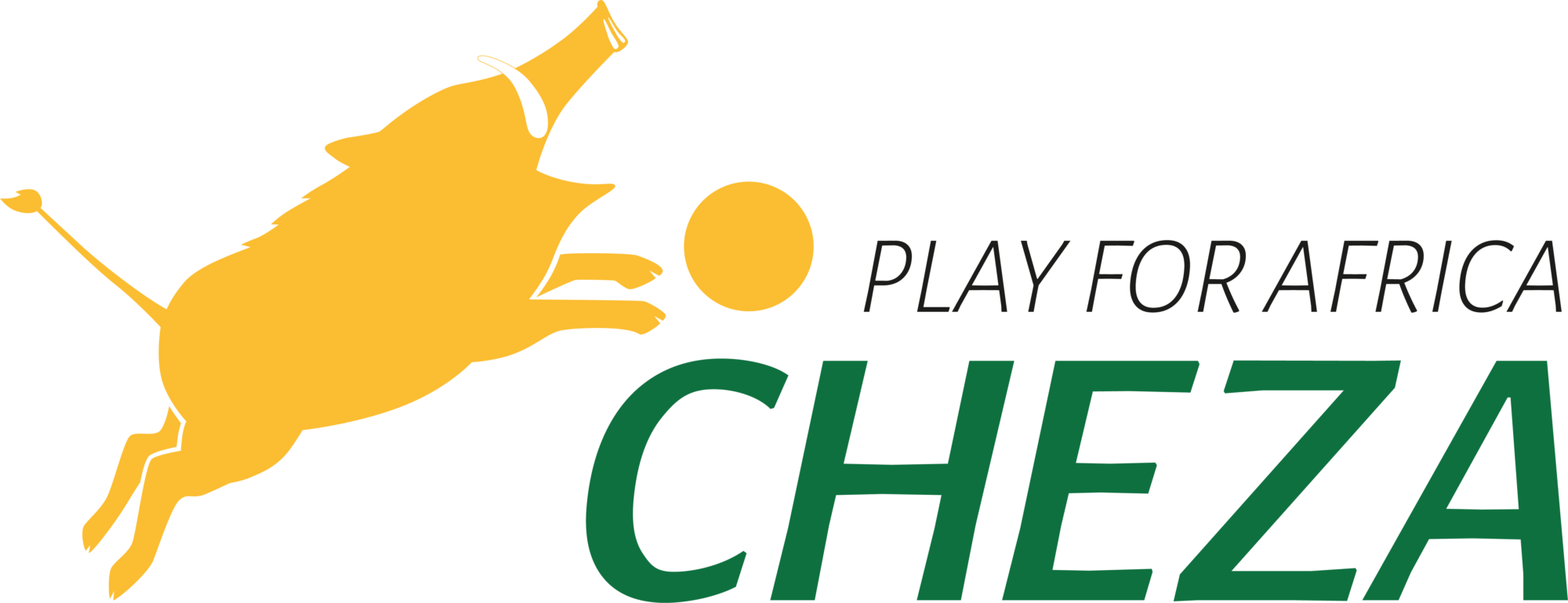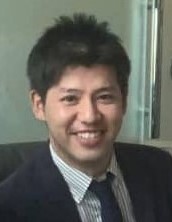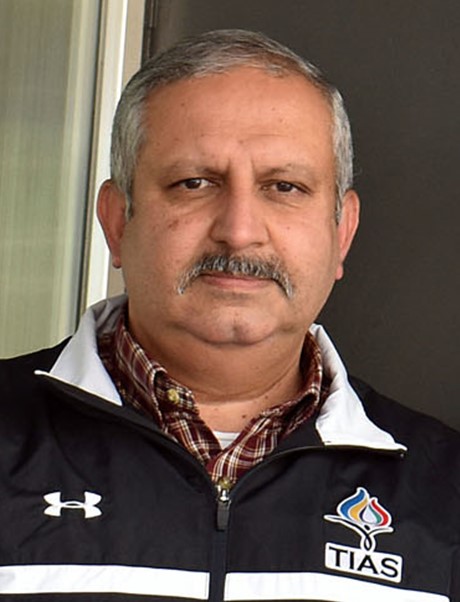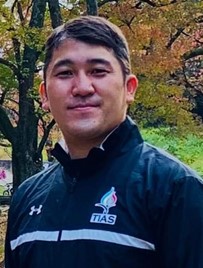COMPANY PROFILE
| Company Name | CHEZA, LLC |
| Date of Incorporation | September 3, 2020 |
| Head office location |
4-2-19 Kitanagasa-dori, Chuo-ku, Kobe-shi, Hyogo 650-0012 |
| Representatives |
Masaaki Nakarai |
| Business activities |
1. Education Program |
MISSION
Our mission is to foster human resources in Japan and Africa and bridge the two regions through education and sports.
VISION
Our vision is “the world where every child can fulfill their potentials and have choices for the future.”
FOUNDING STORY
Africa attracts global attention as “the last frontier market” due to its economic growth and population growth, but also has lots of social challenges such as poverty, unemployment, conflicts, etc. The two co-representatives have been working on development assistance in Africa and other developing countries over 10 years, and reaffirmed that the development of local human resources is essential for the development of the country. Even if no one can choose the environment in which they were born, we would like to provide a second chance for children and youth to acquire the necessary skills to have choices for the future. With that in hand, CHEZA was founded as a private business that utilizes the power of education and sports, and is more independent, flexible, and speedy than traditional aid approach.
LOGO

“CHEZA” means “to play” in Swahili language, which is widely used in East Africa. Based on the motif of a WILD BOAR (WARTHOG)
common to East Africa and our Japanses base “KOBE” (and actually has excellent physical abilities), the figure chasing the ball represents children trying to grasp their dreams for the future through sports.
MEMBERS
FOUNDERS / CO-REPRESENTATIVES



